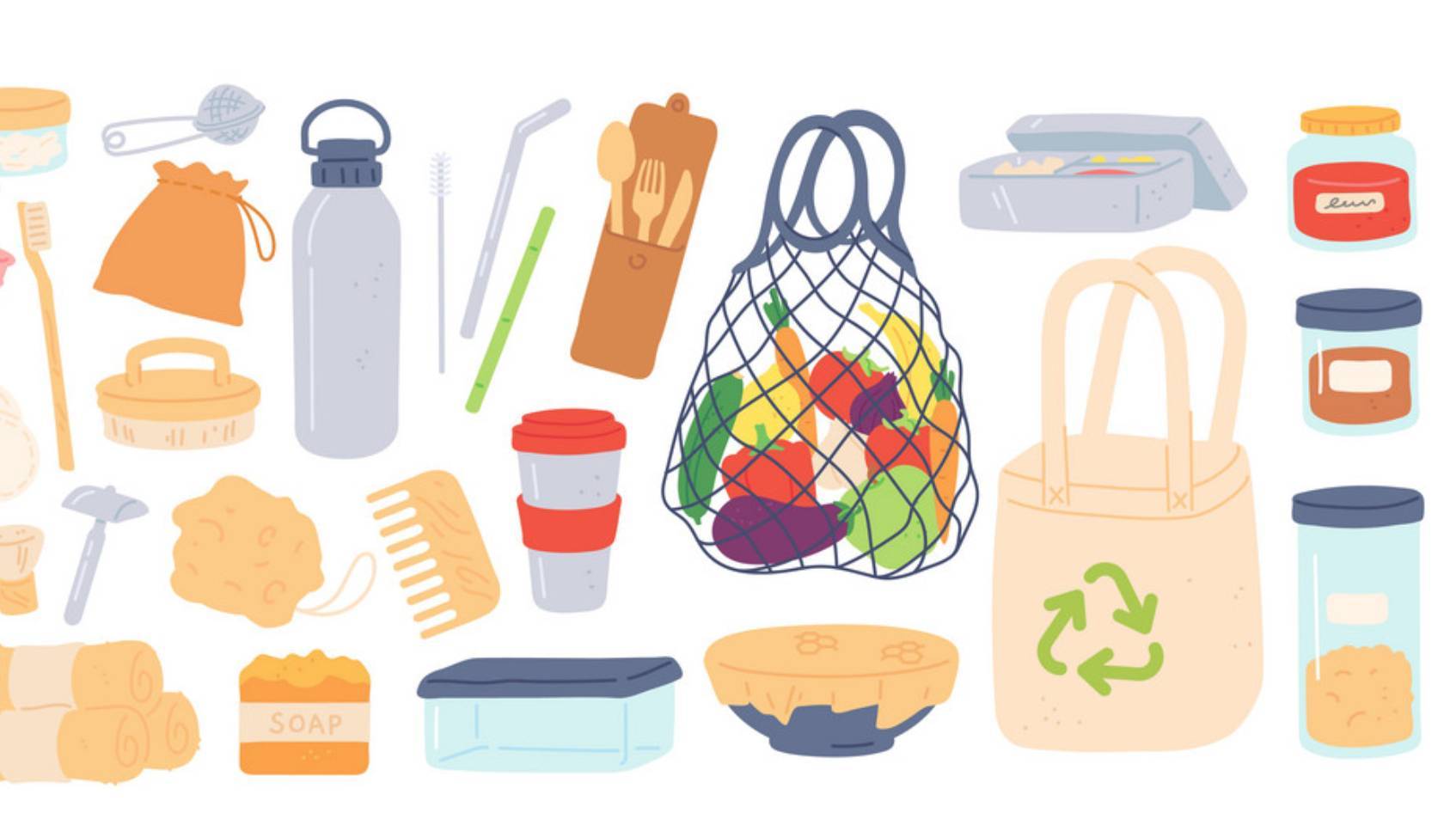
On 1 July 2021, as part of its support to Thailand, the EU SWITCH-Asia SCP Facility, in cooperation with the Pollution Control Department (PCD), the Office of National Resources and Environmental Policy and Planning (ONEP) and the Department of Environmental Quality Promotion (DEQP), organised an online Seminar on Promoting the Final Draft Green Integration Policy and National Green Directory. This activity is part of the project entitled “Mainstream Green Integration of Thailand: Transformation from Policy to Implementation”.
The seminar aimed to promote the final draft policy and national green directory and present the pilot testing results of the Pollution Control Department (PCD), Rangsit City Municipality, and Stock Exchange of Thailand. Approximately 150 representatives from central and local governments, the private sector, manufacturers, civil society, educational and research institutes attended the meeting.
Mr Janejob Suksod, Director of the Pollution Analysis and Environment Center, Pollution Control Department, provided an opening speech highlighting the importance of sustainability, one of the key visions in the 20-year National Strategy (2017-2036). Sustainable Consumption and Production (SCP) is part of social responsibility. The Pollution Control Department has been pushing forward the implementation of green procurement toward the governmental and private sectors.
The pilot results from this project are expected to be upscaled and applied to other institutions. The presentation on the “Progress of Green Public Procurement Policy in Thailand” was provided by Ms Jantira Duangsai, Environmentalist (Senior Professional Level), Pollution Control Department. The progress was highlighted in policy execution in driving green public procurement (GPP), green products and service producers, and international cooperation. There are currently 37 product categories in the GPP list, including about 1400 products in the GPP database. A draft National Action Plan on Promoting GPP (2021-2027) has been in the approval process.
Ms Panrat Petchpakdee, Senior Director of Water and Environment Institute for Sustainability (WEIT), Federation of Thai Industries (FTI), presented the green procurement driving activities of FTI. FTI has its policy framework to support greening the manufacturers who are the supply side of green procurement. On the demand side, FTI has led by example by implementing green procurement. The portion of its purchased green products is considerably low compared to the total procurement budget of the organisation. It might not sufficiently address the green procurement impact. FTI established an online platform, ThaiEcoproducts, to be the source of information where a list of eco-label certified products of 17 ecolabelling schemes of Thailand is uploaded. Recently, there are about 170,000 products on the platform.
Challenges on GPP implementation based on FTI’s experience included the nonsignificant impact of the current green procurement practices, lack of communication on the market benefit on getting an eco-label certification that leads to the low application of eco-label certificates, high cost of eco-label certification fees, education and awareness-raising to consumers, clear policy and supporting measures from the government, and cooperation among concerned stakeholders.
Dr Thumrongrut Mungcharoen, SWITCH-Asia SCP Facility Expert, presented the pilot testing results of the project, the revised draft green integration policy and the national green directory. Policy recommendations were provided regarding expanding the volume and value of green procurement in the market, promoting a sustainable consumption society, and GPP monitoring and reporting. Three pilot agencies agreed that the national green directory would be helpful as it can facilitate the procurers and be the source for monitoring and evaluation. In this regard, there will be continual work to develop a national green directory with support from SWITCH-Asia SCP Facility.
A panel discussion was moderated by Dr Chaiyod Bunyagidj, Vice President of Thai SCP Network. Dr Chaiyod provided inputs on the general procurement context, a good example of sustainable procurement at the United Nations Office for Project Services (UNOPS), common challenges regarding GPP implementation. Lessons learned from the implementation of pilot testing were shared by representatives of the PCD (Ms Jantira Duangsai), Rangsit City Municipality (Police Captain Dr Trelup Toopgrajang, Major of Rangsit City Municipality; and Mr Somchai Siwarom, Rangsit City Municipality Clerk), and the Stock Exchange of Thailand (Mrs Siriporn Noisopa).
After the pilot, three pilot agencies can increase the portion of green procurement volume and value to more than 80%. Each organisation has a green procurement policy and targets in place. Construction has been suggested to be integrated into the green procurement list of the three agencies. It is the highest procurement value that can contribute to a significant environmental impact. The commitment of the top management level is the common key success factor that will effectively drive the green procurement practice in any organisation. Main challenges regarding green procurement implementation for the pilot agencies include lack of green products information and vendor list, knowledge and understanding of procurers, data collection and reporting system.
Key Observations
Most participants (approximately 30%) were from local governments, which indicate that green procurement has been perceived as one of their priorities. This could be due to the announcement of the Ministry of Finance in December 2020 on a new Ministerial Regulation Prescribing Supplies and Methods for Procurement of Supplies that the State wants to promote or support (No.2) B.E. 2563. It allows public agencies to procure green products and services registered under the Pollution Control Department (PCD) platform.
Top management commitment is the most important that motivates GPP implementation. GPP knowledge and sourcing for green products/services remain the critical challenge of local government and the private sector. The pilot agencies have recognised the development of the national green directory as a supporting tool to facilitate procurers finding green products and encourage suppliers to register themselves.
Next Steps Forward
- Submission of the final draft Green Integration Policy and the national green directory to the MoNRE Committee on SDGs for feedback, recommendations and approval.
- Conduct a closing event on 26 August 2021. The Deputy Head of EU Delegation and the Ministry of Natural Resources and Environment (MoNRE) have been invited to open speeches and participation.
- Preparation of additional support on the development of vendor registration system.



